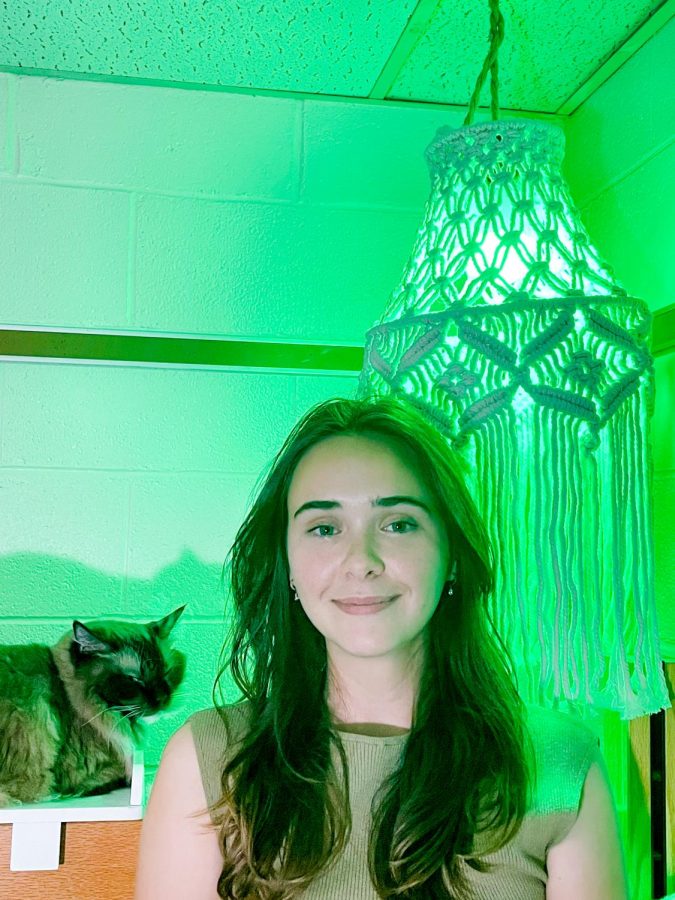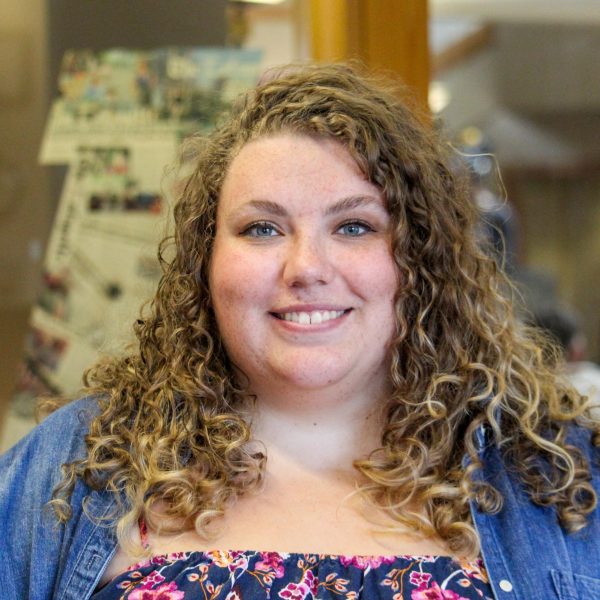From Washington to Clinton, U.S. presidents have a long, hidden history of musical talent and appreciation. Sam Semsel ‘25 spent the summer discovering these skills and more through her research with the EXCEL scholar program.
Semsel first became involved in the EXCEL program when her advisor in the Government & Law department connected her to Music Professor Jorge Torres. Because Semsel is a government & law and philosophy double major who is also part of several musical ensembles on campus, she and Torres looked for a research topic that would combine both of her passions.
Over the summer, Semsel researched one president each day using primarily online research and library resources. From there, she circled back to the ones that required a little bit more digging.
“Some presidents, like Thomas Jefferson, have tons of biographies written about them, and certain presidents, like James K. Polk, have very few, so it’s harder to find information,” Semsel said.
Semsel has discovered that around 15 presidents played musical instruments, including Thomas Jefferson with the violin and Richard Nixon with the piano. According to Semsel, however, being musical is about much more than simply playing an instrument. Whether or not the presidents had musical training, their experiences with music often shaped their attitude towards the arts as an institution and the policies they pushed while in office.
In her research, Semsel has found a correlation between presidents’ personal appreciation of music and their willingness to fund the arts.
“For example, Donald Trump is a president who wasn’t really musical at all. He quoted himself saying that he punched his elementary school music teacher because he didn’t understand music,” Semsel explained. “He didn’t have his appreciation for music and it was shown when, throughout his presidency, he tried to defund the Endowment for the Arts completely.”
Throughout the research process, Semsel examined the socioeconomic origins of presidents’ musical habits.
“Some of the presidents are from higher classes in society, and therefore had the opportunity to learn and appreciate music in different ways,” she said.
Semsel’s research also highlights the way that music and the arts in general help compose the U.S. national identity. She describes the influence of music in terms of soft power, a type of power derived from economic or cultural authority.
“Especially during the Cold War, [we] sent musicians to Russia to enter competitions to gain [soft power]. So I’m realizing how much arts and culture are important to show that we are this country that has a beautiful culture, and has the ability to create this culture,” Semsel said.
If Semsel had to choose one man to give the honor of the most musical president, she would go with Warren G. Harding.
“Harding played almost every brass instrument and would sit in during Marine Corps band rehearsals. A lot of these things that I learned about certain presidents are really surprising,” she said.
While a few presidents, such as Bill Clinton, are well-known for their musical ability, some kept their musicality hidden because they viewed it as a personal hobby and not as a tactic that should be used to appeal to voters. Semsel’s research provided her with the opportunity to see historical figures as well-rounded people outside of the political realm rather than one-dimensional characters.
“Taking those [political] aspects out of it, looking at the full person instead of the president is really interesting,” Semsel said.
This semester, Semsel will focus on continuing her research with different resources, such as presidents’ homes, libraries and personal collections. When the research is complete, Semsel hopes she will have collected enough information to write a book or an article to share her findings.






































































































